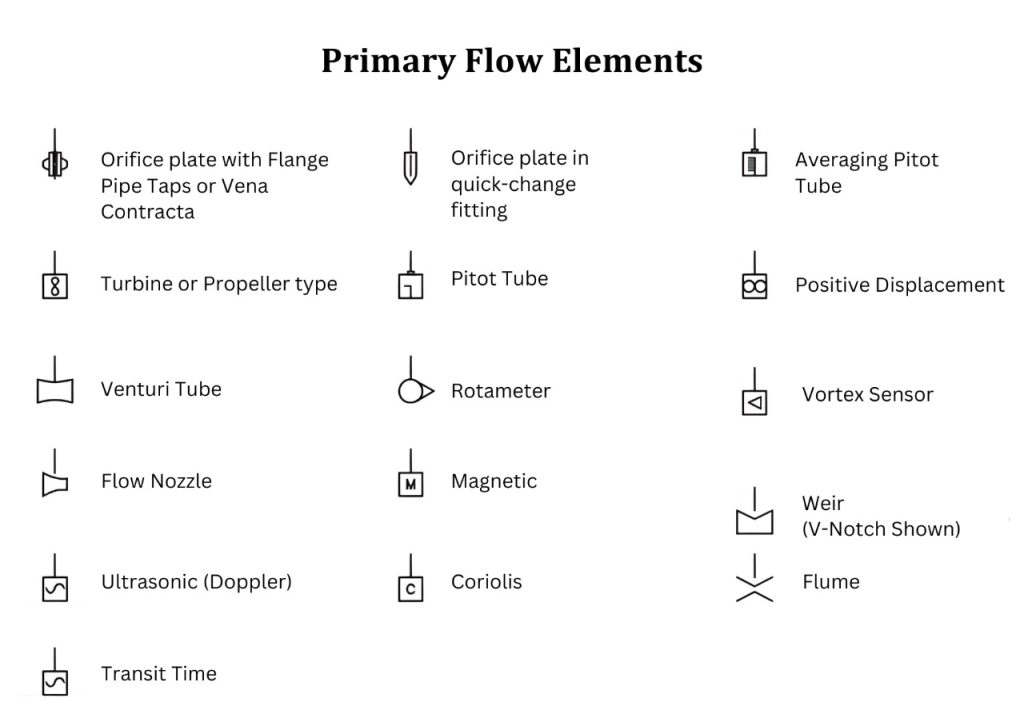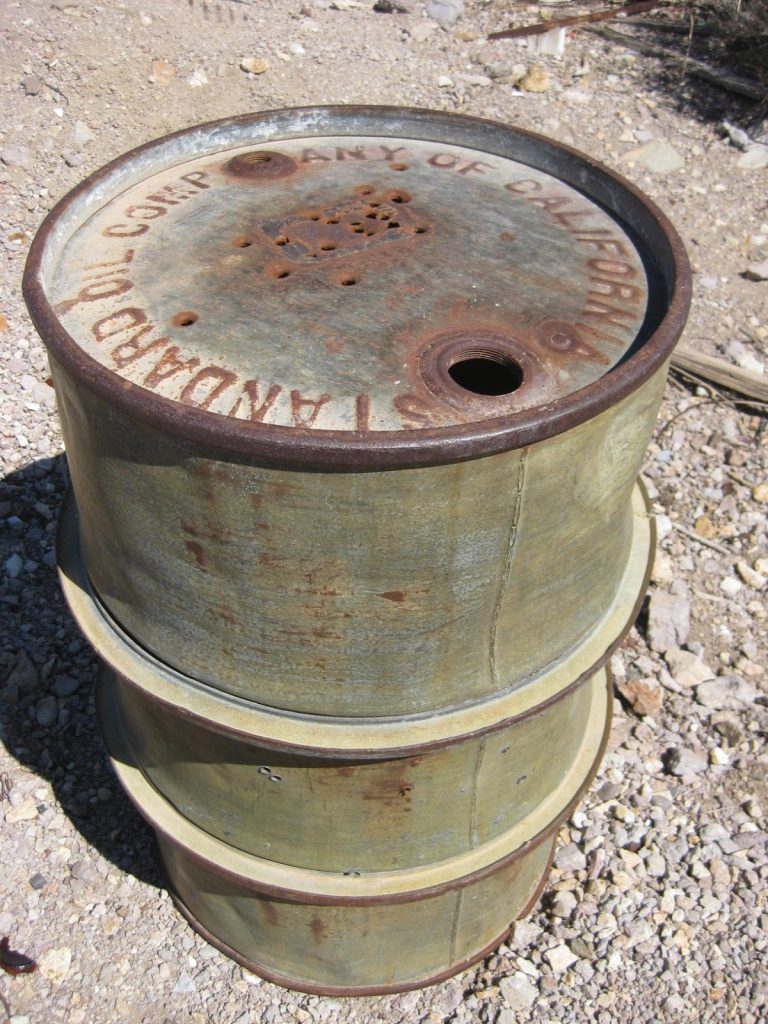Flowmeters
What is a flow meter?

Unless someone is studying this topic as part of a university course, folks who ask this question are more likely to be thinking about what kind of flow meter best suits their application. They have a job to do, and they already know what a flow meter is – so the question for the technically adept is mute, especially for instrumentation engineers. If this really is your first introduction to flowmeters, then you are going to be faced with several technologies, many of which overlap in their applicability.
CALL +1 (318) 614 3971
Despite many claims by flow meter protagonists that the Coriolis meter (an inertial measurement) is the most popular kind of meter, the fact remains that differential pressure measurement devices and mechanical meters are still as popular as ever, probably because they suit the purpose and are relatively inexpensive and have been around since Standard Oil Company – an American oil production, transportation, refining, and marketing company that operated from 1870 to 1911.
The fact is that there are too many industries to name and too many applications and choices, and whole books have been written about the subject of flow measurement and how to apply a particular technique. No doubt they will continue to be written as the topic continues to garner interest.
A topic that is becoming increasingly of interest is non-invasive technology.

For those in the industrial space, flow meter selection could be just as important as choosing what kinds of tanks, pipes, pumps, valves, and controls are going to be installed and then again, it might not be – if the flow meter is not a critical element. If the flow meter is critical for a process, it is probably because the flow meter is part of precision control or a billing process. An example of precision control is seen in the food industry where refractometers and flow meters feed back information to a PLC controller to ensure that the correct ratios of syrup, sugar, juice and water are maintained for a particular end product while a billing process example would be a custody transfer situation where oil and gas fluids are being metered for US dollars. Then again, some flow meters are necessary for federal compliance e.g. Flare Gas Flow measurement in West Texas.
CALL +1 (318) 614 3971
In less critical situations (Flow monitoring only) – nothing is being controlled by the flow meter. In these cases, it might become more important to transfer the flow data to the operator or owner using either analog or digital signals. Flow meter repeatability is preferred because we are looking for “changes” and “events.” In these cases, a more holistic approach can be taken but it often requires an understanding of what the user is trying to achieve and the process he/she is involved in rather than focusing only on the working principle of a flow metering device. Our team is qualified in this aspect, simply because of the years of experience we have gathered in industries such as oil and gas, chemical , water and wastewater. We are happy to discuss what we believe might be the best solution, not only technically but also commercially. If you need a flow meter, give us a call.
